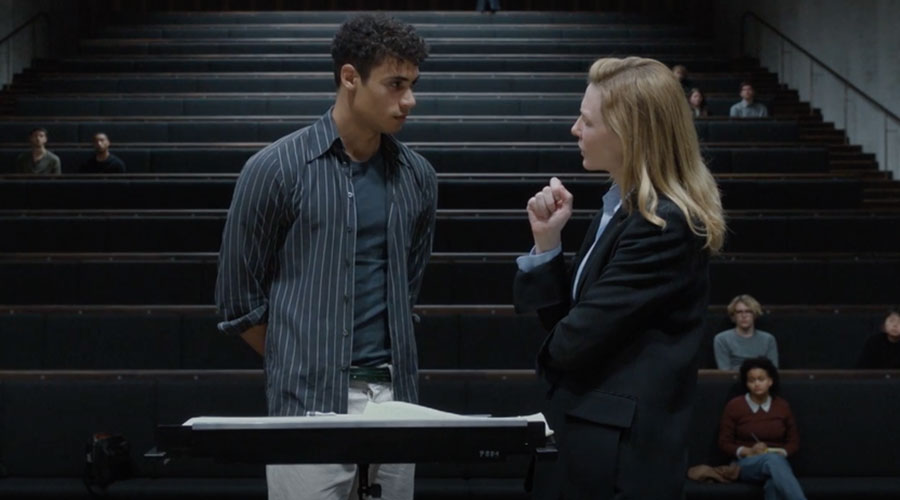What’s to watch on Netflix?
- 13 Apr - 19 Apr, 2024

The film Tár is thought-provoking and merits attentive attention. The film is a masterpiece since it features Cate Blanchett's great performance and Todd Field's superb directing abilities. The narrative traces Lydia Tár's development, as portrayed by Cate Blanchett, after she was accused of sexual assault. The movie portrays the corrupting effects of power on a person powerfully. It expertly captures the complexity of people as well as their horrible nature. Instead of just focusing on commercial success, the producers clearly had the goal of making a movie that accurately depicts the life of a conductor. They have accomplished their objective with remarkable success.
Your patience might be put to the test by the film's drawn-out segments and its use of unfamiliar classical music terminology. But, the beauty of the movie rests in its capacity to enthrall viewers with its superb acting and accurate portrayal of the events. The main character, as represented by Todd Field, is a fiercely independent lady who prefers to be in charge and deals with anyone who dispute her authority with assurance. The first musical note is not heard until 25 minutes into the movie, and the first orchestral note is not heard until the movie has gone over 60 minutes, despite the fact that the movie is heavily influenced by the world of classical music. Despite this, the picture has such a tremendous attraction that it will keep you interested.
The protagonist of Tár is Lydia Tár, the first female conductor of the Berlin Philharmonic, who has achieved history. Francesca, her assistant, and Sharon, her partner, are her constant supports in life. At the New Yorker Film Festival, Lydia introduces her upcoming live recording of Mahler's Fifth Symphony. The well-known Adam Gopnik, who portrays himself in the movie, conducts her interview. After that, Lydia leads a masterclass at the Juilliard School where she sparks a debate by challenging a student who holds a different perspective on Bach. Lydia's relationships with Sharon and Francesca get tense as she grows fond of Olga Metkina, the new cellist at the Berlin Philharmonic.
As Lydia decides to take Sebastian's place as assistant conductor, allegations of sexual favours surface, sending her life into a tailspin. The conductor's situation is only made more difficult by Krista's suicide, which finally results in her termination as conductor and a severe setback in her life.
It is challenging to imagine anyone other than Cate Blanchett playing this character. Whether it's the way she commands the orchestra with her hair unbound or oozes power in her two-piece suit, her portrayal as Lydia Tár is nuanced and engaging. She has an unassuming rock star demeanour and is completely dedicated to her love of leading orchestras. Blanchett receives tremendous backing from Noemie Merlant and Nina Hoss, who play Francesca and Lydia's same-sex lover, respectively, and violinists at the Philharmonic. It is great to see Mark Strong playing a little but significant role that is very different from his prior on-screen roles.
In the film's introduction, Adam Gopnik and Lydia Tár conduct a protracted interview that goes in-depth on the state of classical music. The interview is fascinating and holds the audience's attention the entire time, despite its length. Tár is a work of art with several subtexts and depths. Director Todd Field skillfully crafts a complex narrative in which the protagonist is consumed by her own ego, and the movie invites viewers to make connections. It can be difficult to watch, so this movie isn't only meant to be fun. Tár is still a serious and emotional film that requires the audience's complete focus.
COMMENTS